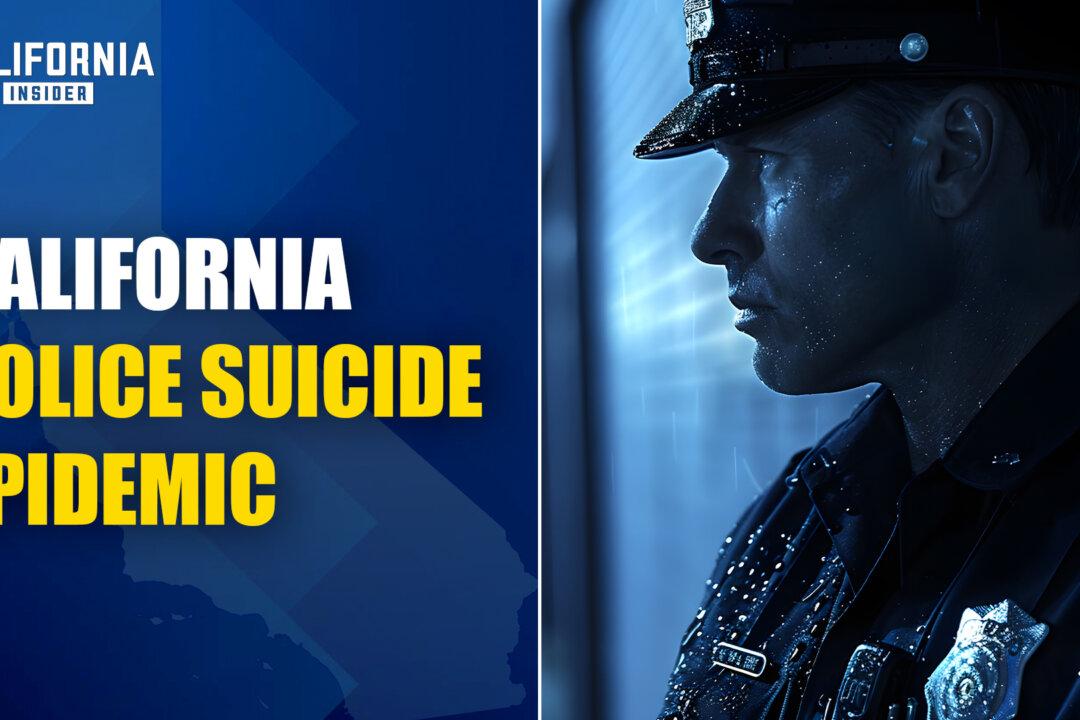For many police officers, the job they do every day comes with immense pressure and exposure to traumatic events that can severely impact their mental health. However, the culture of law enforcement often discourages officers from seeking help and opening up about their struggles. As former Elk Grove police officer Bryan Schmidt’s story shows us, this silence around trauma and mental health in policing needs to change.
California Cop Opens Up About His Suicide Attempt; How Untreated PTSD Nearly Cost One Veteran Officer His Life | Bryan Schmidt

|Updated:
Most Californians are unaware of crucial topics and issues that directly impact their lives due to limited news coverage. While they may skim through headlines, they crave in-depth news analysis to uncover the underlying stories.
California Insider Opinion aims to fill this gap by providing viewers with essential information to comprehend the news and delve into the deeper issues behind the headlines.
This show not only covers vital topics and breaking news but also offers insights that are hard to find elsewhere. The innovative short-form video format sets it apart from other media outlets, making it a unique source of information.
California Insider Opinion presents a 10-minute video featuring experts and individuals with strong credentials who offer their opinions and insights, helping viewers grasp the news from a specialized perspective.
Author’s Selected Articles




